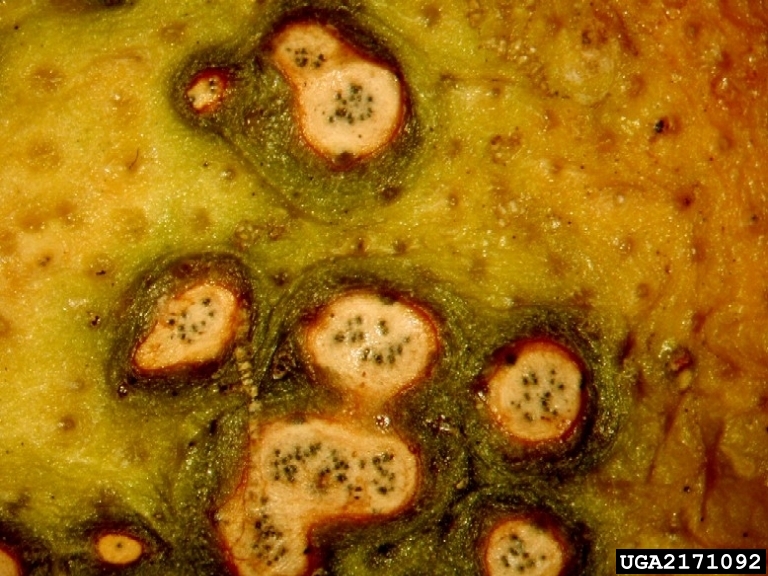EU says will review CBS situation before next citrus export season

The European Commission says, together with Member States, it will review the situation with citrus black spot (CBS) interceptions well before the next export season. Non-EU countries with recurrent interceptions will be approached on how to comply better with the EU requirements. Furthermore, specific audits to evaluate the system of official controls and certification of citrus fruit for export to the EU are planned by the Food and Veterinary Office in 2016, including to South Africa and Argentina.
This is among the information provided on behalf of the Commission by EU Chief for Health and Food Safety, Vytenis Andriukaitis. He was responding to a written question in the European Parliament from Spanish MEP Clara Aguilera García (S&D). Aguilera had raised concerns about cases of the disease in citrus imports from South Africa and Argentina, asking how the Commission planned to prevent CBS spreading to the EU.
Andriukaitis said due to the recurrent number of interceptions of this pest on citrus fruit from South Africa during the 2015 import season, the possible need to revise Decision 2014/422/EU was discussed with Member States. “They agreed to maintain the current emergency measures requesting an increased vigilance to South Africa for the 2015 season.
“From 9 October onwards, South African authorities have unilaterally decided to ban the export to the Union of citrus fruit originating in areas where Phyllosticta citricarpa is present. Finally, the number of import interceptions from South Africa has decreased in 2015 compared to previous years,” he said.
He went on to say the situation would be reviewed before the next export season.
Image: By Cesar Calderon (USDA APHIS PPQ, Bugwood.org) [CC BY-SA 3.0 (http://creativecommons.org/licenses/by-sa/3.0)], via Wikimedia Commons

